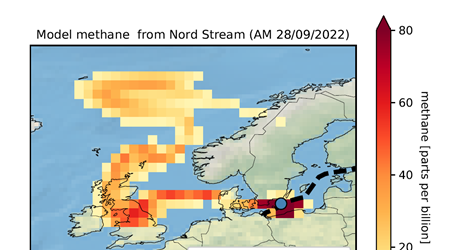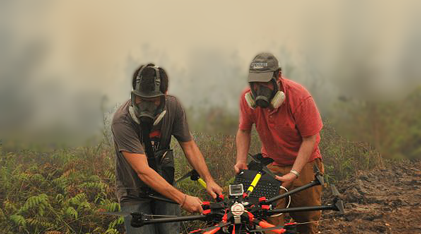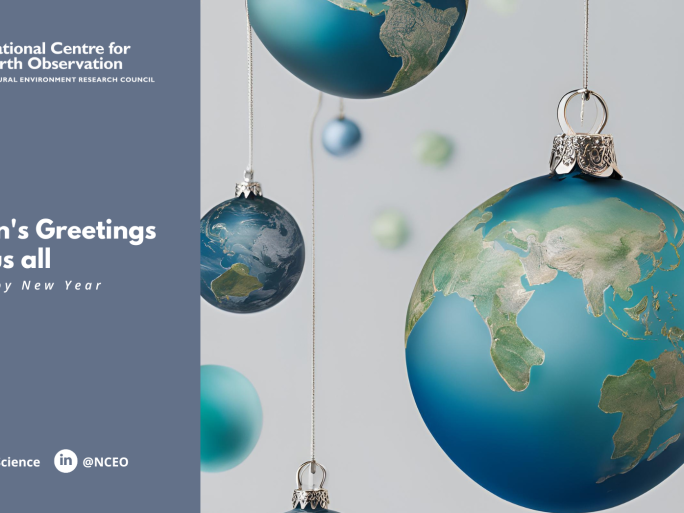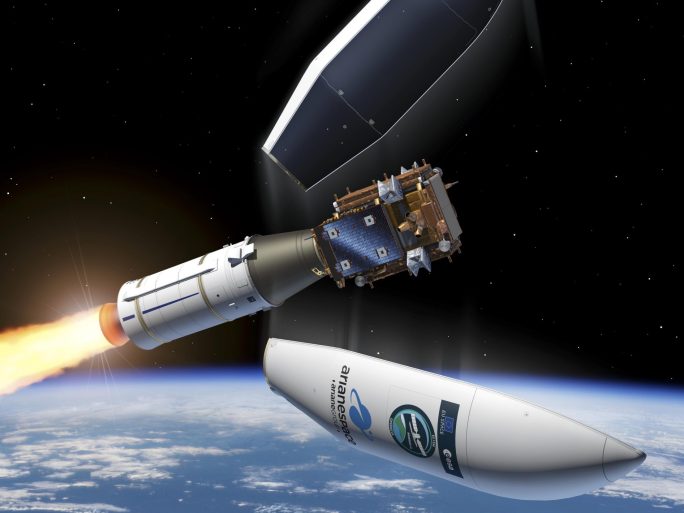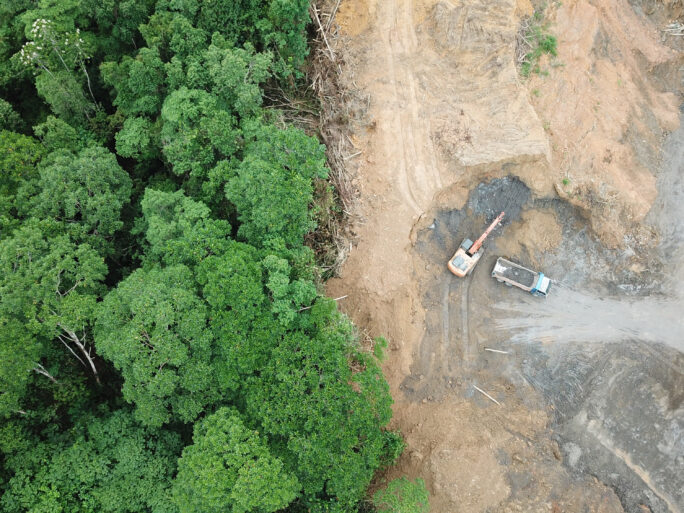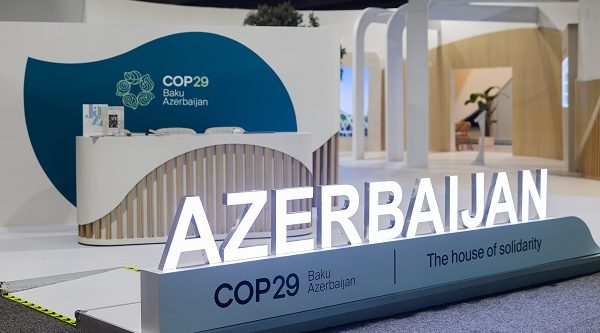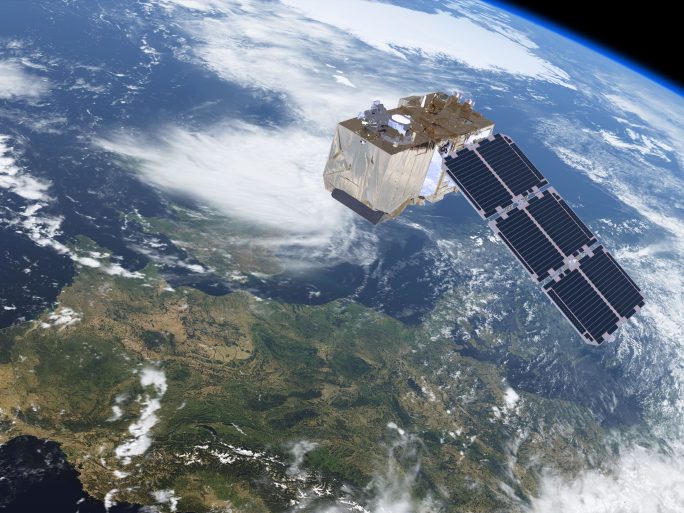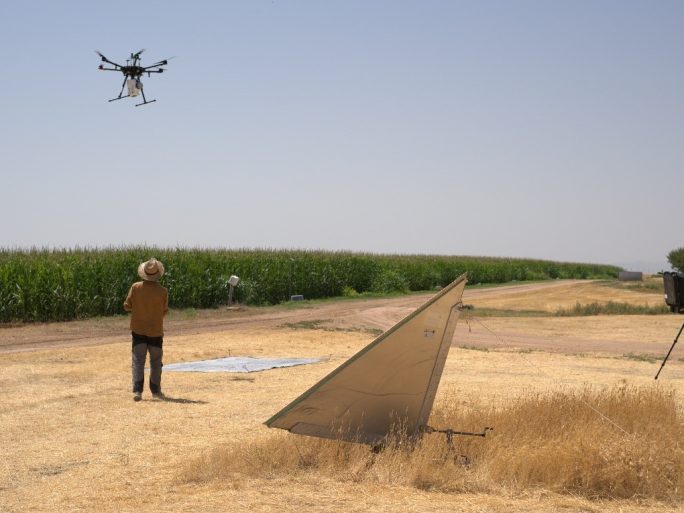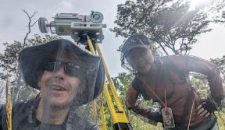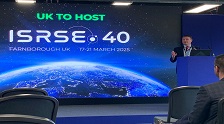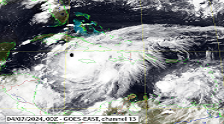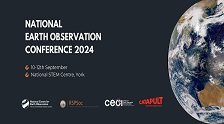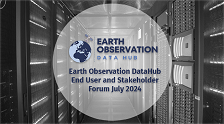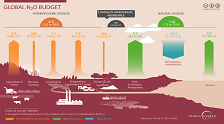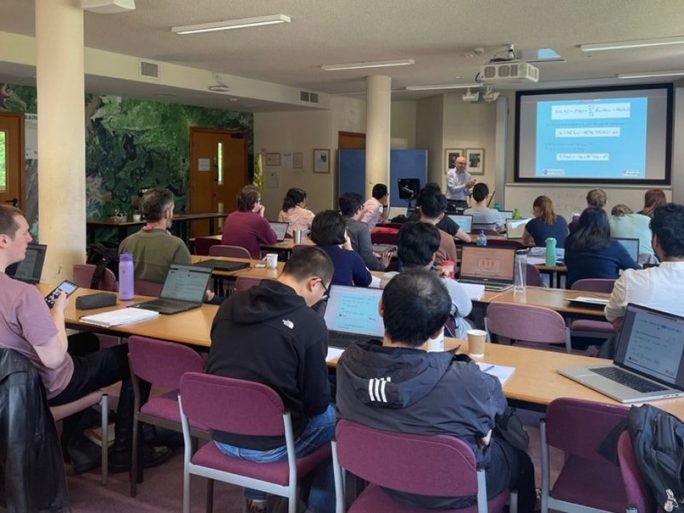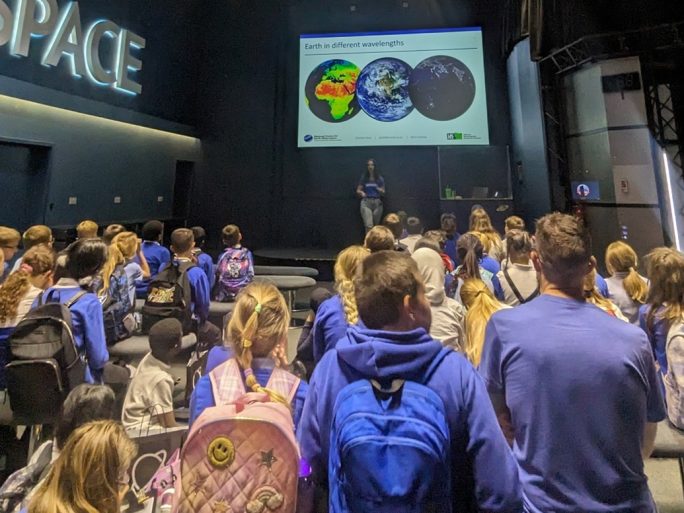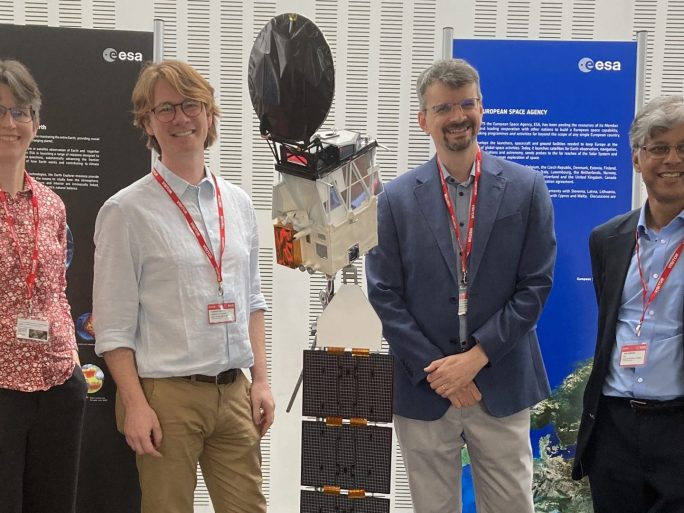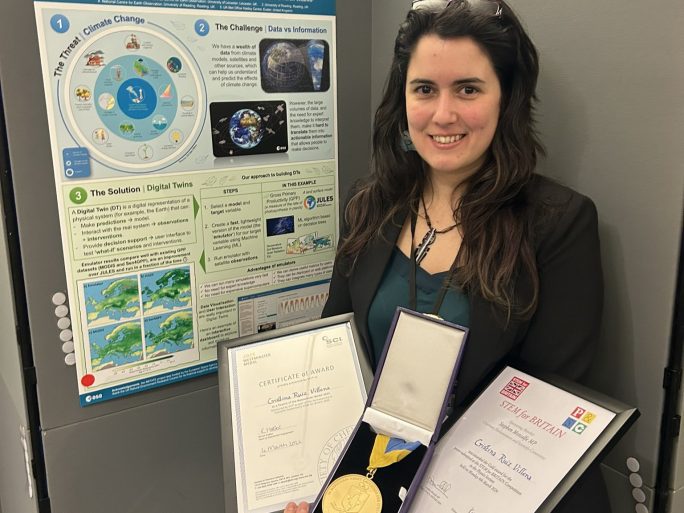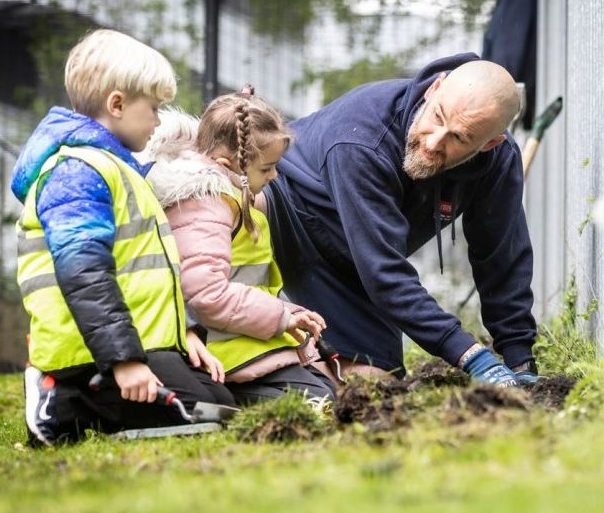A new study, published today (Tuesday, 28 January 2025) in Environmental Research Letters has shown that the rate of ocean warming has more than quadrupled over the past four decades.
Category: News
Nord Stream Pipeline Methane Leak
UK researchers join UN led collaboration to measure methane emissions from Nord Stream Pipeline Leak – largest ever leak of methane recorded
Copernicus Global Climate Highlights 2024
The Copernicus Global Climate Highlights 2024 report has been released today. In 2024, global temperatures reached unprecedented levels, marking the warmest year on record and the first to exceed 1.5°C above pre-industrial levels—a critical threshold outlined in the Paris Agreement.
Professor Martin Wooster awarded MBE in the 2025 Honours list
NCEO is proud to congratulate Professor Martin Wooster on being awarded an MBE in the King’s 2025 New Year’s Honours list for his outstanding contributions to landscape fire research and wildfire monitoring.
Christmas Closure
NCEO head office at Space Park Leicester will be closed from Friday 20th December to Thursday 2nd January 2025.
Sentinel-1C radar satellite launched
A new radar satellite supported by the UK was launched into space from French Guiana at 9:20pm GMT on Thursday 5 December.
Impact studies should include high-sensitivity climate models
Dr Ranjini Swaminathan, has led a new study which has revealed that high-sensitivity climate models should not be excluded when predicting future regional climate impacts.
Human fingerprint on forest disturbance patterns as viewed from space
Dr Nezha Acil, an NCEO research scientist based at the University of Leicester, is the lead author in a study recently published in Nature Sustainability that analysed global forest disturbance patterns from 2002 to 2014 using satellite data.
Preserving England’s Ancient Oaks with Cutting-Edge Technology
At the National Centre for Earth Observation, researchers Professor Mat Disney and Dr. Cecilia Chavana-Bryant are at the forefront of efforts to study England’s ancient oaks with cutting edge technology.
NCEO leads ESA VERIFY campaign to validate data from EarthCARE
NCEO Dr Kamil Mroz is leading the campaign with support from the FAAM Airborne Laboratory, National Centre for Atmospheric Science (NCAS), and ESA.
COP29 Activities supported by NCEO
COP29 Activities supported by NCEO Staff from the National Centre for Earth Observation are playing an active role in science for COP29, particularly in reviewing and explaining the valuable information from satellites.…
UK to chair global Earth observation group with bold ambitions for data uptake
UK to chair global Earth observation group with bold ambitions for data uptake UK Space Agency Chief Executive Dr Paul Bate has assumed the Chair of the Committee on Earth Observation Satellites…
Landscape review supports NERC’s low-carbon science vision
NERC has commissioned UK environmental science centres to review the Uncrewed Aerial Systems landscape in support of low-carbon environmental science research.
NCEO awarded renewed investment in national research capabilities by the Natural Environment Research Council
The National Centre for Earth Observation (NCEO) has secured five years of investment in its environmental science research capabilities through the NERC’s National Capability Single Centre Science and National Public Good initiatives.
LiDAR scanning uncovers huge amount of carbon stored in a Mozambique forest
A group of environmental scientists have conducted research, using laser pulses, to measure exactly how much carbon is stored in the tree trunks and branches of a forest in Mozambique’s Gilé National Park.
UK wins bid to host world-renowned International Symposium on Remote Sensing of Environment (ISRSE-40)
The UK will be hosting the 40th International Symposium on Remote Sensing of Environment (ISRSE-40) at the Farnborough International Exhibition and Conference Centre, Hampshire, from 17 to 21 March 2025
NCEO captures real-time imagery of Hurricane Beryl
Hurricane Beryl has ripped across the Caribbean with winds of 240km/h (150mph) causing extensive damage including tearing roofs from buildings, uprooting trees and devastating the islands in its path. Peaking at Category 5 on the Saffir-Simpson scale on the 2nd July, indeed Beryl is the earliest Category 5 system ever recorded, since the scale was first introduced in 1974.
UK Earth Observation Conference 2024
At the National Centre for Earth Observation, researchers Professor Mat Disney and Dr. Cecilia Chavana-Bryant are at the forefront of efforts to study England’s ancient oaks with cutting edge technology.
Earth Observation DataHub End User and Stakeholder Forum July 2024
he Earth Observation DataHub (EODH) is a UK pathfinder project that will support government, business and academia with access to global Earth Observation data. The Hub’s development commenced earlier this year and this event will update stakeholders and potential users on the path to system deployment and availability.
NCEO scientists at the University of Leeds contribute to the Global Nitrous Oxide Budget 1980-2020 which exposes alarming measurements
Global emissions of nitrous oxide (N2O), a powerful greenhouse gas, continue to rise unabated, largely driven by unsustainable practices in global food production and growing food demand
NCEO/DARC Data Assimilation Training course
At the beginning of May, approximately 30 researchers from across the globe attended the NCEO/DARC Data Assimilation Training Course held at the University of Reading.
NCEO visits the National Space Centre
NCEO PhD student, Charlotte Paton, shares her experience of visiting the National Space Centre (NSC) to deliver daytime talks to the public.
NCEO scientists driving science behind latest climate satellite mission EarthCARE
EarthCARE, the latest ESA Earth Explorer mission was launched from Vandenburg, California.
NCEO future leaders recognised and awarded at prestigious STEM for Britain competition
NCEO researcher wins STEM for BRITAIN Physics Gold award.
Celebrating Earth Day 2024
On Monday, the 22nd of April, the National Centre for Earth Observation (NCEO) and Space Park Leicester proudly commemorated their inaugural Earth Day celebration.



